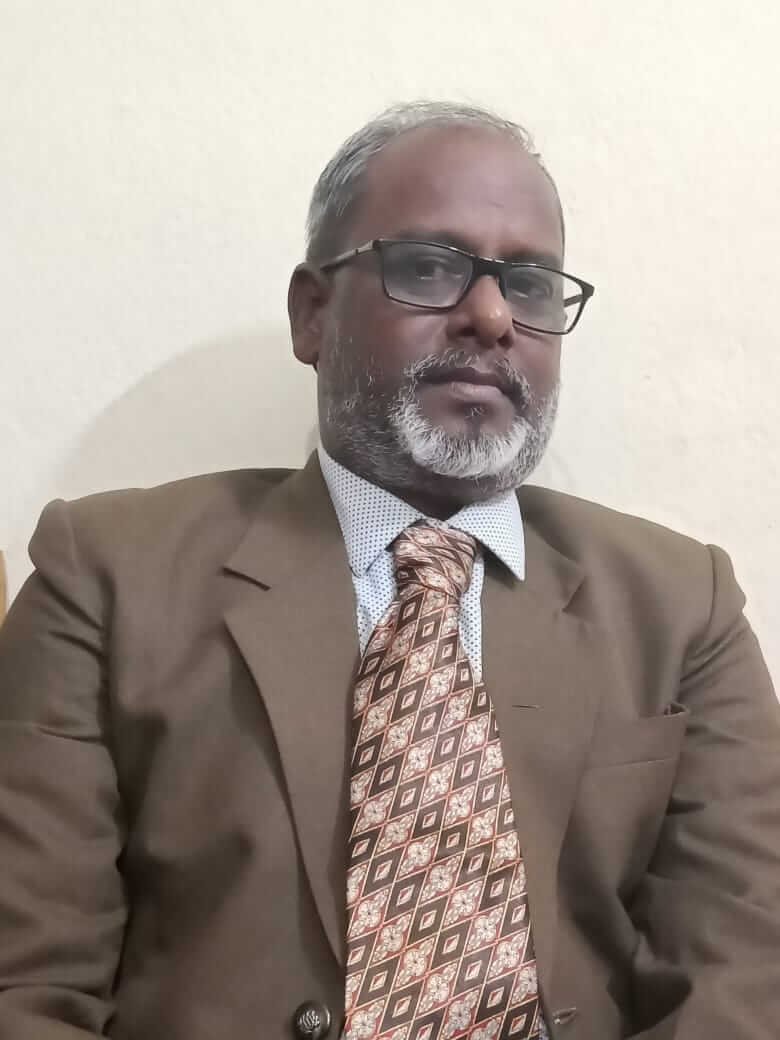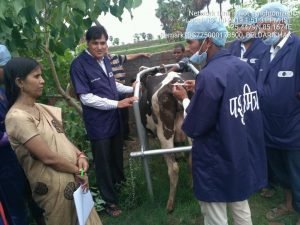About the Scope Foundation Mission
- Improving coverage of services under important nutrition schemes and programmes
- Leveraging technology to improve nutrition governance
- Providing the necessary equipment and technical know-how to grassroots level implementation agencies
- Conducting surveys to assess before and after scenarios during programme implementation and measure impact
- Providing resources at the district level for programme implementation
- Supporting government officials overcome challenges that may arise during nutrition programme implementation
- Supporting capacity building of frontline functionaries
- Supporting implementation in terms of programme monitoring and optimisation
Problem Statement
Malnutrition is the worst form of non-communicable disease, a critical risk factor for chronic diseases later in life and therefore, a huge global healthcare burden. In India, it has taken the magnitude of a silent emergency. Undernutrition and micronutrient malnutrition in children, adolescents and women of reproductive age are rampant in our country. Maternal malnutrition has multigenerational adverse effects on human health and development. Malnutrition is also estimated to result in potential GDP losses of 2-3% and an over 10% potential reduction in lifetime earnings for each malnourished individual.
About the Theme
Fighting malnutrition in a complex and diverse country like ours is an arduous task. Despite sustained efforts, India’s success in combating malnutrition has been modest and slower than other countries with comparable socio-economic indicators. To make a real and sustainable impact, challenges need to be tackled at three different levels:
The food itself: Deficiency of essential micronutrients such as iron, iodine, and vitamins (A, B12, D), also known as ‘hidden hunger’ is a rampant issue in our country. India reports the largest burden of iron-deficiency anaemia, globally, with nearly 59% of children and 50% of pregnant women being anaemic (NFHS 4 report). Deficiency of iodine is another major public health concern. 5% of the population in 337 districts in India have iodine deficiency disorders and have been reported endemic. Many rural populations also continue to bear the burden of diseases caused by the deficiency of vitamins A, B12 and D. In addition to micronutrient deficiency, access to hygienic, wholesome and nutritious food still continues to be a challenge, especially for children in certain tribal belts of the country.
The Strategic Approach
Understanding that malnutrition is not the failure of nutrition alone but rather a combination of factors gives us at Scope the perspective to look at the problem holistically and approach it sustainably. Our strategy to tackle nutrition challenges in the country especially the poor states like Bihar is based on three foundational pillars: product, platform and policy.





